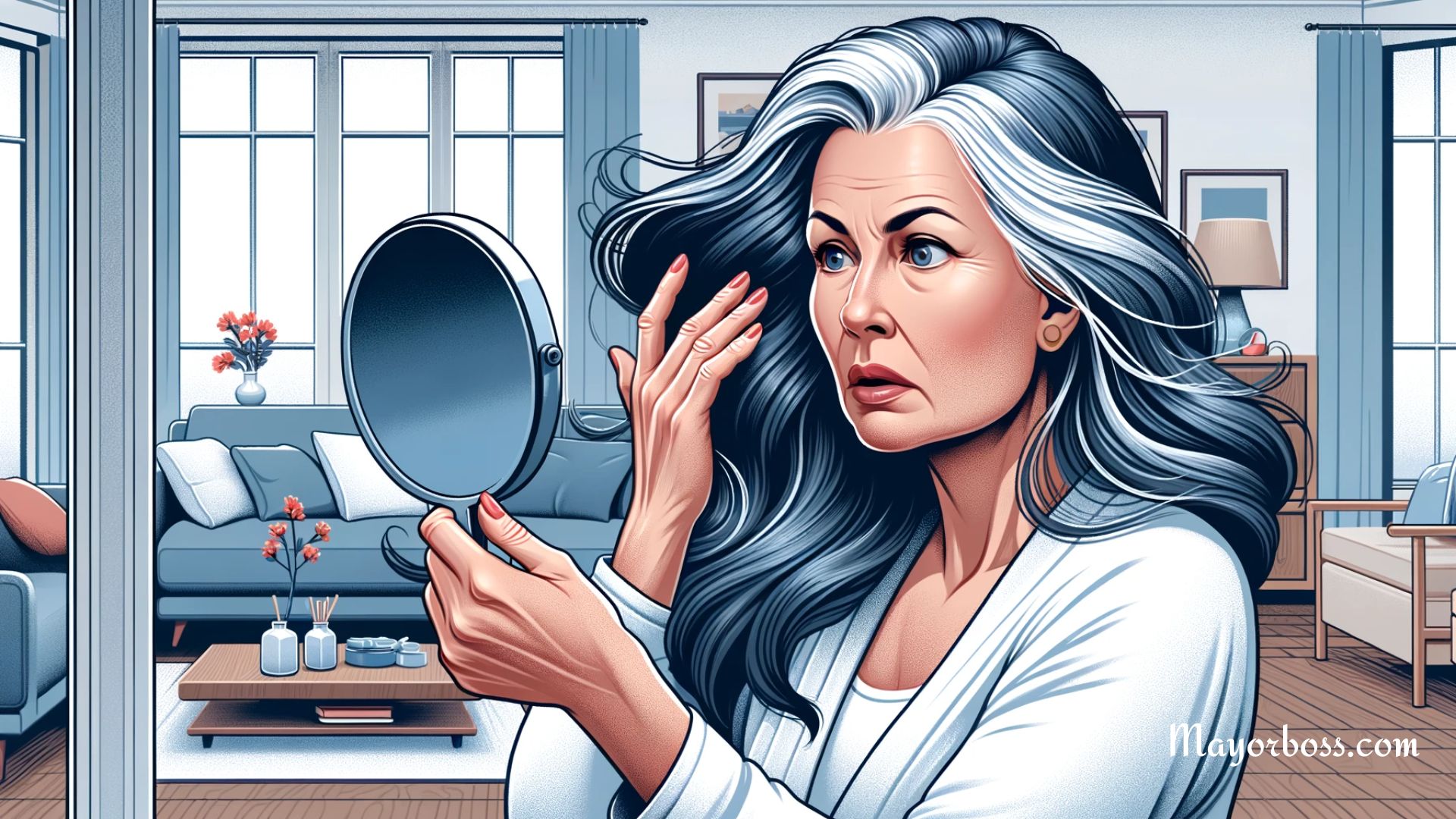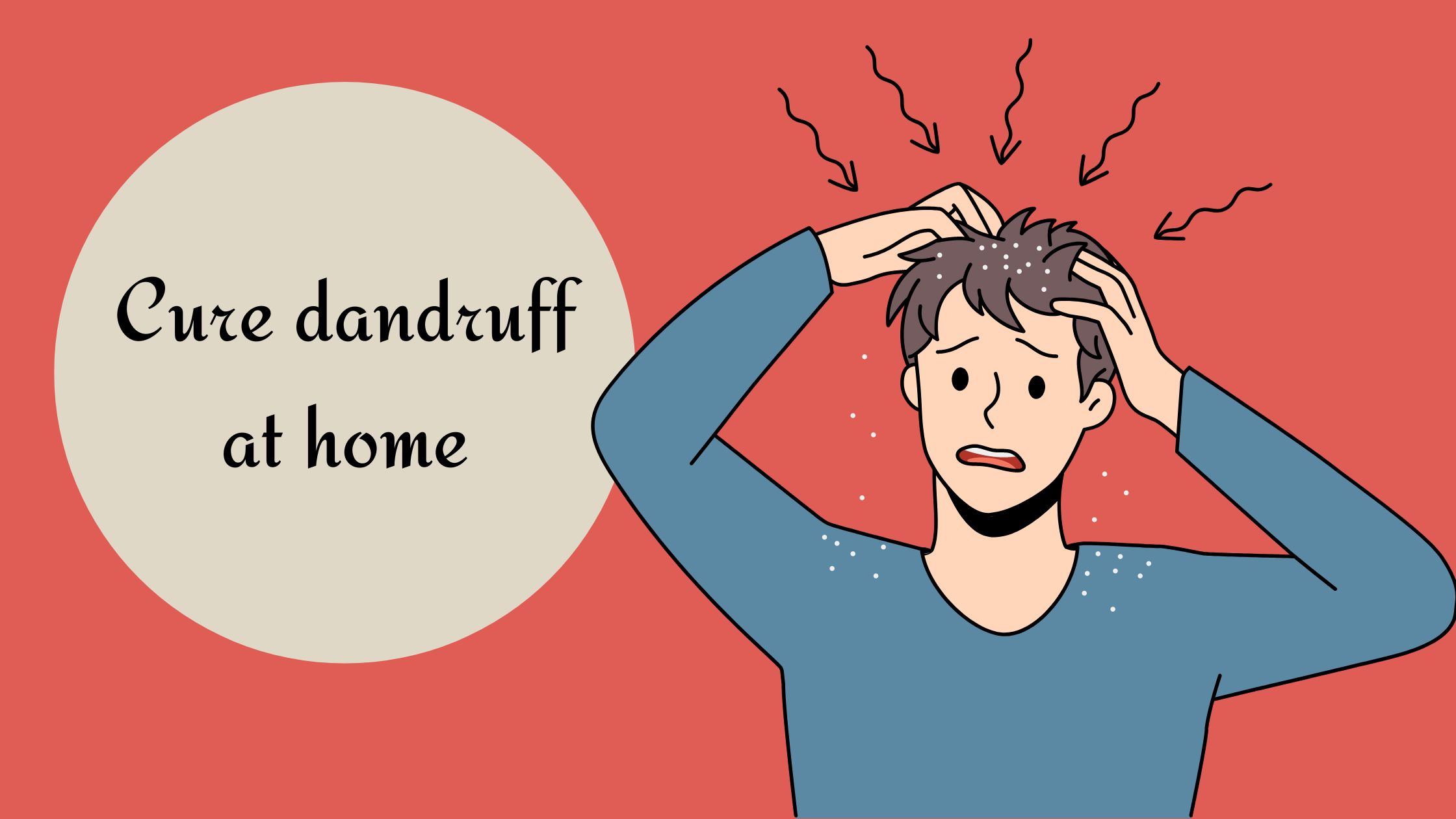Why Does Hair Turn Gray?
As we age, one of the most noticeable changes that happens to our body is the graying of hair. But have you ever wondered why hair turns gray? Scroll through below to learn the science behind this common phenomenon and understand what exactly causes our hair to lose its color over time.

Melanin Is the Pigment Responsible for Your Hair’s Color
Hair gets its color from a pigment called melanin, which is produced by special cells in hair follicles called melanocytes. The amount and type of melanin in each hair follicle determine whether your hair is blonde, brown, red, or black. There are two types of melanin:
- Eumelanin, which gives hair darker colors like brown and black.
- Pheomelanin, which gives hair lighter colors like blonde and red.
Your unique hair color depends on the combination of these pigments.
As You Age, Your Melanocytes Produce Less Melanin
The primary reason hair turns gray is that, as you age, your melanocytes begin to slow down their production of melanin. Over time, they produce less pigment, and eventually, they stop altogether. When your hair follicles no longer receive enough melanin, your hair starts growing in gray or white.
Gray hair is actually a mixture of colored and uncolored (white) hairs. As melanin production decreases, the balance shifts, and more uncolored hairs appear, giving hair its grayish look.
Genetics Play a Major Role in When Your Hair Turns Gray
When your hair begins to turn gray largely depends on your genetics. If your parents or grandparents started graying early, there’s a good chance you will, too. For some people, gray hairs appear in their late 20s or early 30s, while others may not notice them until their 40s or later. Scientists have identified genes linked to graying, which influence when and how quickly your hair loses its color.
Stress Might Speed Up the Graying Process
You’ve probably heard the idea that stress can turn your hair gray, and there’s some truth to that. While stress doesn’t directly cause your hair to turn gray, it can speed up the natural process. According to research, chronic stress can damage the stem cells in hair follicles, leading to a faster depletion of melanocytes. When these cells are lost, hair no longer gets melanin and starts growing in gray or white.
Nutrient Deficiencies Can Contribute to Premature Graying
Certain vitamin and mineral deficiencies can also cause premature graying. For example, a lack of vitamin B12, copper, or iron can impact melanin production. While correcting these deficiencies won’t reverse gray hair that has already grown, improving your diet and taking supplements (if needed) may help slow the graying process.
Smoking May Lead to Early Graying
Smoking has also been linked to premature graying. Studies suggest that smokers are more likely to start graying earlier than non-smokers. The toxins in cigarettes can cause oxidative stress on the body, including hair follicles, accelerating the aging process and depleting melanocytes.
Graying Hair Is a Natural Part of Aging
While the exact timing varies for everyone, it’s important to remember that graying hair is a natural part of aging. Over time, the hair-producing cells in your follicles wear out, just like other parts of your body. Although some people might experience gray hair earlier due to genetics, stress, or environmental factors, everyone will eventually go gray as they age.
Does Gray Hair Mean You’re Aging Faster?
Not necessarily. Going gray doesn’t always mean your body is aging faster. Some people go gray early but remain healthy and youthful in other ways. On the other hand, some people may experience little to no graying well into their later years. While gray hair can be a visible sign of aging, it’s just one of many factors, and it doesn’t necessarily indicate anything about your overall health.
Can You Reverse Gray Hair?
Currently, there’s no proven way to reverse gray hair. Once a hair turns gray or white, it can’t regain its original color. However, some research suggests that reducing stress, maintaining a healthy diet, and addressing any nutrient deficiencies may help slow the graying process. For those who want to cover up their gray hair, hair dyes are the most common solution.
Conclusion
Hair turns gray as part of the natural aging process due to a reduction in melanin production by the melanocytes in your hair follicles. While genetics, stress, and certain lifestyle factors can influence when and how quickly your hair turns gray, it’s a normal part of life that everyone will experience at some point. Although you can’t prevent it entirely, you can manage your hair’s appearance through healthy habits or hair treatments.






